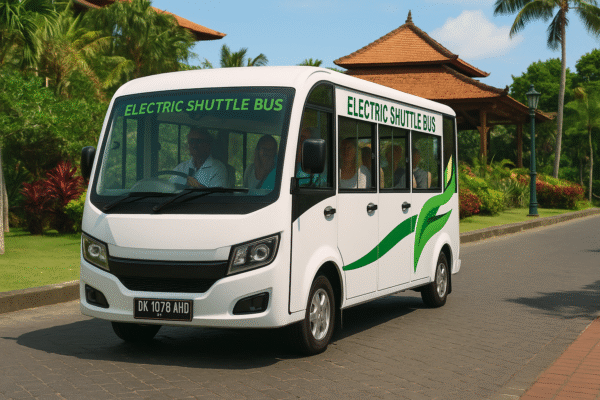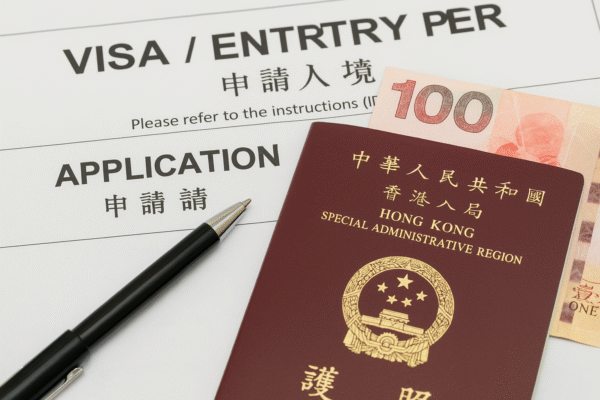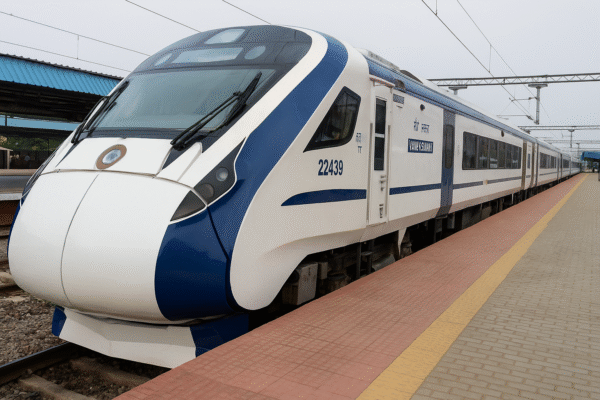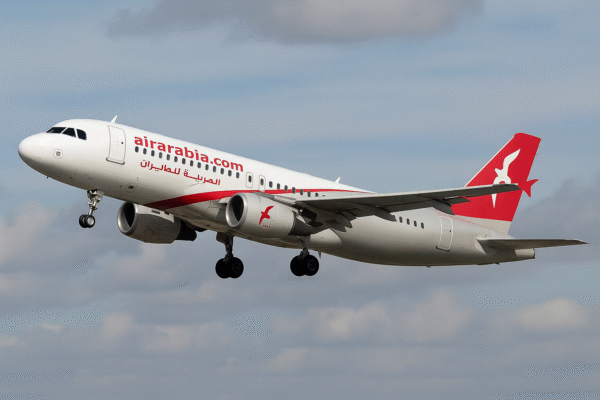In August 2025, the U.S. saw a modest decline in consumer confidence, with the index slipping slightly to 97.4 from July’s 98.7. This shift reflects growing unease among consumers about the labor market and future financial stability, and it carries notable implications for the travel and tourism industry.
The portion of the index measuring short-term expectations—covering income, job outlook, and business conditions—fell to approximately 74.8, remaining under the recession-warning threshold of 80. At the same time, perceptions of current economic conditions dipped, though optimism about business prospects provided some offset. Taken together, these readings suggest consumers may restrict discretionary spending, including leisure travel.
Despite these signs of economic strain, tourism—especially the domestic segment—has so far shown surprising resilience. Luxury travel bookings by affluent Americans have remained strong, helping offset broader softness. High-value domestic visits have sustained hotel revenues, even as budget-conscious travelers gravitate toward last-minute trips, regional getaways, or cost-effective options such as RV stays and cruises. Hotels and tour operators serving the high-end market report that affluent demand continues to underpin performance, mitigating the impact of reduced confidence.
Las Vegas in particular has seen a notable downturn in visitor numbers in early 2025, with tourism figures falling by over 7 percent year-over-year and an especially sharp drop in June. This decline reflects both the broader economic chill and fewer large conventions. Nevertheless, the city’s gaming and auto traffic have held up, driven in part by a growing resident population more than tourism.
International travel to the U.S. remains considerably softer. Canadian bookings are down sharply, while European and other foreign arrivals have declined by double digits. This has placed pressure on inbound tourism revenue and tourism-dependent regions such as Florida, California, and New York. As a result, some economic forecasts for Asia, Europe, and Caribbean destinations have been tempered—given their reliance on American visitors.
However, the U.S. tourism market as a whole has not collapsed. Many businesses cite consistent domestic travel as a stabilizing force. Even though international numbers are down, Americans continue to prioritize trips—especially those offering value, flexibility, or short notice. Travelers are booking later, staying fewer nights, and focusing on affordability, reshaping demand patterns across lodging and attractions.
Moreover, while inbound tourism has lagged, domestic spending on leisure remains a vital buffer. In destinations where luxury bookings remain intact, recovery is steady despite rising economic uncertainty. Conversely, mid-scale and budget accommodations are facing tighter margins, challenged by fewer advance bookings and compressed lead times.
The tourism workforce also reflects these mixed trends. Some sectors—like high-end hotels, guided recreational services, and unique experiences—are maintaining hiring or avoiding layoffs. But pressure remains elsewhere: businesses serving less affluent segments may be trimming hours, holding off on new hires, or pausing expansion plans. Regions heavily reliant on foreign visitors face tougher road ahead with job growth and revenue more exposed.
Looking ahead, the strength of domestic tourism may sustain the industry, particularly if travelers continue to value experiences even as global economic sentiment wavers. But long-term recovery depends on reversing global declines in inbound travel. A sustained downturn could dampen prospects, especially if consumer confidence falters further and labor market tightness deepens.
The shift in consumer behavior—toward spontaneous, short-duration, and price-sensitive travel—signals evolving market dynamics that tourism operators must navigate. Those adapting with flexible offers, localized deals, and last-minute promotions are better positioned to capture demand.
In summary, the U.S. tourism sector faces headwinds from softer consumer sentiment and dwindling inbound numbers. But its core strength lies in the domestic market and affluent travel segments, which are cushioning the blow. As confidence ebbs, adaptability and a focus on value will be crucial to sustaining momentum in an uncertain economic climate.
For more travel news like this, keep reading Global Travel Wire


















